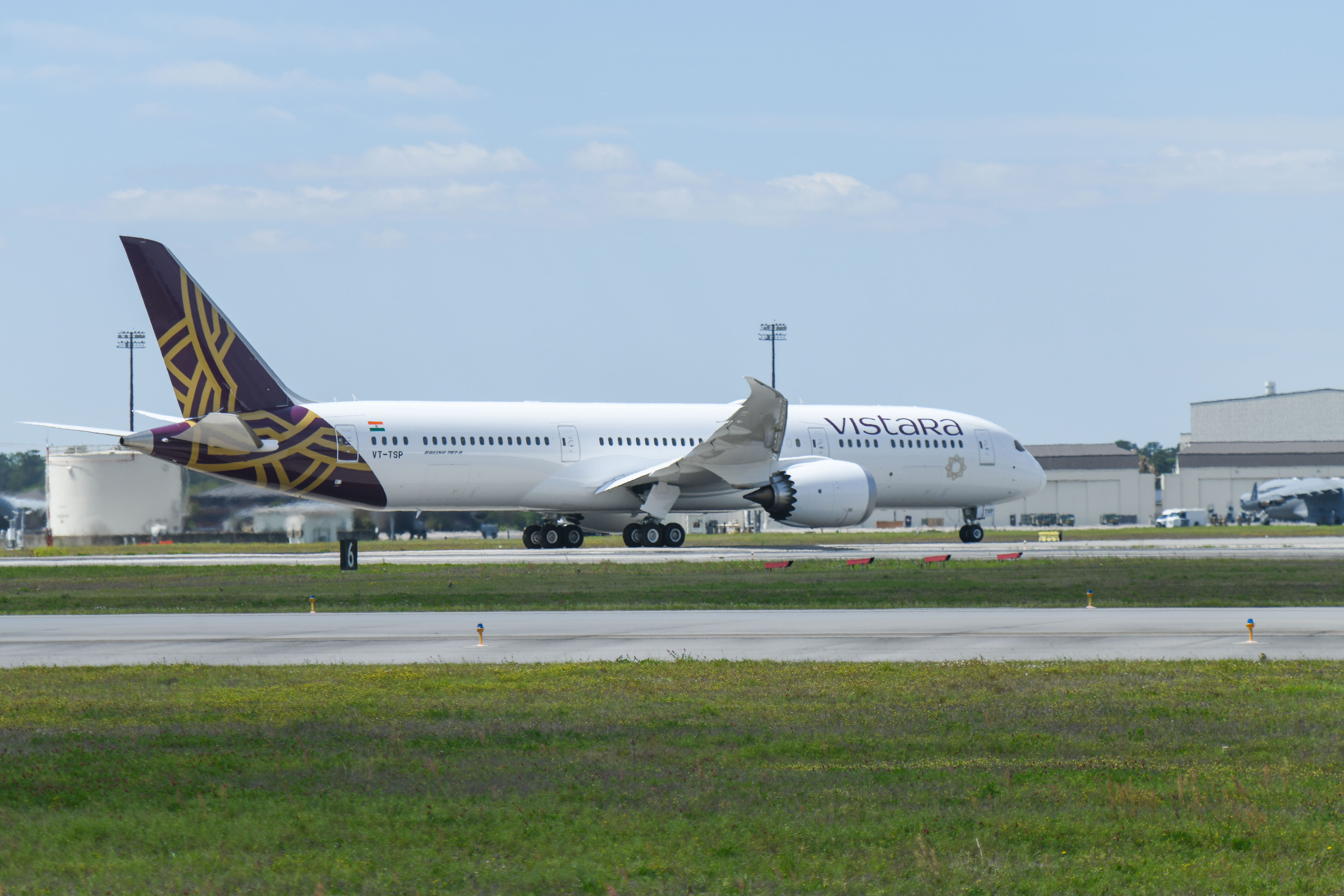The World Tourism Organization is participating in an unprecedented series of tourism sector meetings in the Maldives designed to make the holiday islands safer…
The World Tourism Organization is participating in an unprecedented series of tourism sector meetings in the Maldives designed to make the holiday islands safer for tourism and put an effective crisis management plan into operation.
Five months after the tsunami swept across these islands in the Indian Ocean, the tourism sector and government agencies are cooperating to ensure that low-lying resorts and the nation`s airport are better equipped to handle any type of emergency.
We want to learn from the tsunami experience-what we did right and what went wrong and at the same time create awareness about the need for a good crisis management plan, said Tourism Minister Mustafa Lutfi in opening the series of meetings.
Four meetings are being held this week with resort owners, tour operators, airlines and travel agencies. The results of each session will be presented
in a final session on Tuesday to a cross section of government ministers who are responsible for civil defence, finance, transport and planning.
Conclusions will go on to form part of a new Crisis Management Plan for Tourism that is expected to be in place by early September. Tourists need to know that they are safe when they go on holidays in the Maldives and that there are systems in place that can take care of them in case of a tsunami or any other kind of emergency, said WTO Crisis Management Expert Deborah Luhrman, who is assisting with the process.
The Maldives suffered much less than other countries hit by the December 26 tsunami. Although thousands of local inhabitants lost their homes and 82 were killed in the tragedy, only two tourists perished and most of the resorts that were damaged managed to rebuild and reopen quickly.
Experts say this is because the Maldives is quite far from the epicentre of the earthquakes, because the geography of their coral atolls offered some protection and because higher construction standards at the resorts withstood the waves much better than local housing did. Nonetheless, the tourism sector-which forms the backbone of the nation`s economy-is suffering from a sharp decline in visitors and the 71 resorts that are operating normally report low occupancy rates.
Topping the tourism sector`s list of concerns is improving communications through the installation of satellite telephones on each island and a
centralized emergency information command. New resort regulations will be put in place that require evacuation plans and emergency supplies of first
aid, food and water.
Construction of a higher seawall at the airport and safeguards for electrical power supplies are also being considered. While no one is expecting another tsunami, the tourism sector wants to make sure it is prepared in the case of any types of future emergencies.
Theodore is the Co-Founder and Managing Editor of TravelDailyNews Media Network; his responsibilities include business development and planning for TravelDailyNews long-term opportunities.













































































